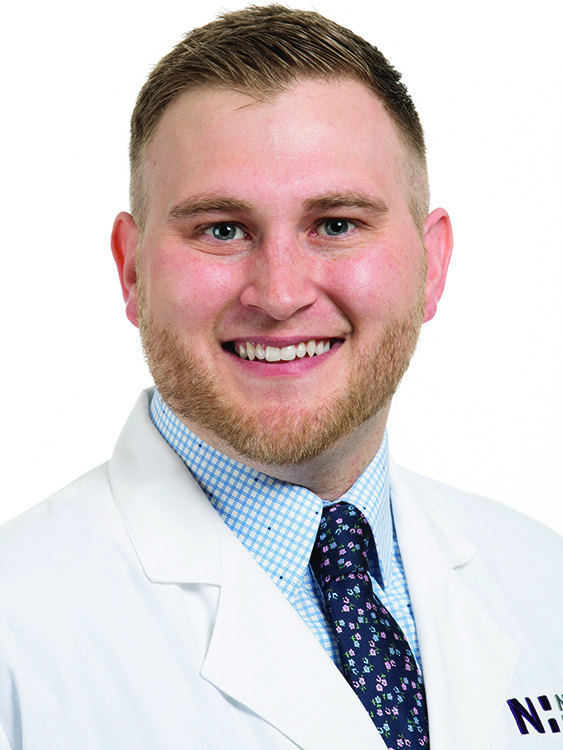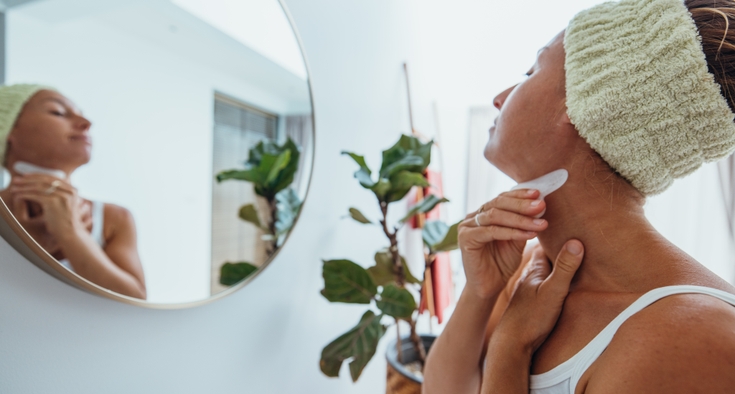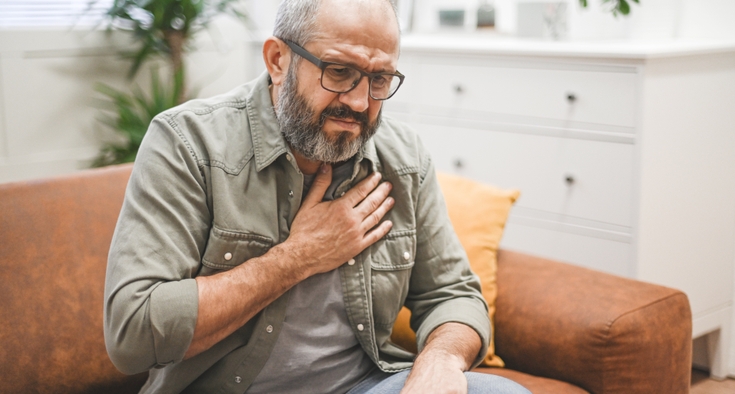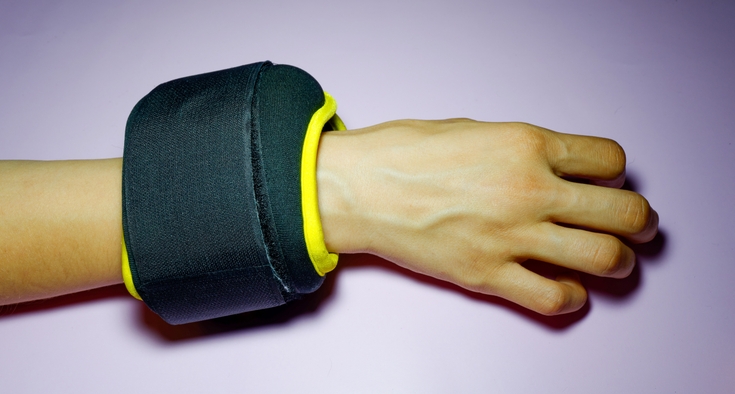TikTok may have told you that dry brushing or rubbing a tool called a “gua sha” on your face and body can boost your immune system, help your lymphatic system drain and lead to weight loss.
But your lymphatic system doesn’t need help draining unless you have a specific medical condition — and lymphatic drainage massage techniques won’t lead to weight loss, said Dr. Brian Ingold of Novant Health Arboretum Family & Sports Medicine – Charlotte.
Good health starts with a check-up. Schedule one today.
What is the lymphatic system?
Your lymphatic system is more than just your lymph nodes.

If you’ve ever been diagnosed with a sinus or upper respiratory infection, your doctor may have felt for “swollen lymph nodes” on your neck. That’s because we have a large network of lymph nodes around our head and neck, and these areas may swell temporarily as our immune system fights an infection.
But they're just a small part of the lymphatic system. Your lymphatic system includes a network of vessels, bone marrow, your spleen and thymus, and many lymph nodes located throughout your body.
TikTok is right: Your lymphatic system is hugely important to your body.
Your lymphatic system is your body’s clean-up crew and security team, rolled into one. Its job is to help with fluid balance, our immune system and waste removal.
As the clean-up crew, the lymphatic system disposes of extra fluid, cholesterol, fats from digestion, and the leftover cellular “junk” as our body makes new cells and disposes of old ones. As the security team, the lymphatic system traps pathogens and foreign material, keeping them where our immune system can find them easily and fight them in a known location.
Does your lymphatic system need draining?
TikTok is wrong: Your lymphatic system doesn’t need help draining. Usually.
Our body is a fine-tuned system, and when your lymphatic system is operating at top function, it's designed to handle things on its own. As you read this article, your lymphatic system is working: your heartbeat, muscle movements and breath are all part of your lymphatic flow. If you’re healthy, there’s no reason to manually assist it.
There are a few situations when your lymphatic system might need help — from a trained professional.
Between 3 and 5 million people in the US have lymphedema, a chronic condition when the lymphatic system drains slower than it should, leading to swelling. Ingold sees lymphedema most commonly in women who have had a lymph node removed or biopsied as part of breast cancer treatment, and in patients with multiple major medical conditions who are not active.
If you notice swelling, burning, or itching, or one arm or leg looks more swollen than the other, see your doctor, Ingold said. They will likely refer you for imaging to see if you have lymphedema.
If you do, self-massage or a tool like a gua sha won't be enough. Instead, your doctor might refer you to a lymphedema clinic to work with trained physical therapists who specialize in lymphatic drainage massage.
Your lymph nodes might also get swollen when you have an infection. Usually, they’ll shrink on their own in two to four weeks. But if they don’t, if they're are continuing to enlarge, or are becoming more painful to touch, they should be evaluated, Ingold said.
Antibiotics might be warranted, and if you see a doctor of osteopathic medicine (DO) like Ingold, they may use some manual lymphatic pump techniques to help your body. (See below). But again, only a professional should apply compression to your lymph nodes.
Should I be worried about my lymphatic system?
If you’re healthy: Don’t stress about your lymphatic system.
There's no health reason to start massaging your lymph nodes — and if you are massaging your lymph nodes, stop.
Here’s why: if you haven't been trained about what a normal lymph node feels like, you probably aren’t going to recognize an abnormal lymph node. And self-massaging might actually cause a problem.
“Lymphatic drain occurs in a specific pattern,” Ingold said. “Someone well-trained in the lymphatic system knows which organs drain to which lymph nodes and where that flow would then lead, allowing us to evaluate the entire chain for deficiencies or pathology. If someone doesn’t know the proper anatomy, physiology, or technique they could target the wrong area or provide the wrong treatment, potentially worsening the issue.”
If you have weight to lose, it isn’t because of fluid hanging around in your lymphatic system, Ingold said. “We’re not going to be able to lymphatically massage our way out,” Ingold said. “That’s not the way to lose 10 pounds.”
Instead, if you want your body to run well, work on the foundational components: Get enough sleep, exercise most days of the week, eat a varied diet focusing on protein and fiber and limit processed foods, and manage your stress, Ingold said. “If those foundational things are dialed in, you're going to live longer and better with any of these things that are layered on top.”
What is a DO, anyway?
Roughly one in 10 doctors in the United States is a doctor of osteopathic medicine (DO). DOs attend four years of osteopathic medical school, where their training focuses on whole-person care and the interrelatedness of your body’s systems. This includes training on “osteopathic manipulative treatment,” a hands-on therapy that helps with a variety of health issues.
Similar to MDs, DOs complete internships and residencies after medical school, and take examinations to become licensed and board-certified. More than half of the DOs in the U.S. serve in primary care specialties, but many DOs also complete fellowships to subspecialize in areas like emergency medicine, anesthesiology or obstetrics/gynecology.
It’s a holistic approach to care, Dr. Brian Ingold said. Ingold, a DO, practices family medicine at Novant Health Arboretum Family & Sports Medicine in Charlotte. He went into family medicine so he could work across generations — not just treating illnesses and symptoms, but working with patients to optimize their health.
“My job here is to listen and let patients tell me what they think about what's going on with them, what they’re concerned about, what their goals are for their health, or life, or their family, and then fill in educational gaps,” Ingold said. “I hope they leave a visit here and feel like, ‘I was listened to, and I learned something.’”











